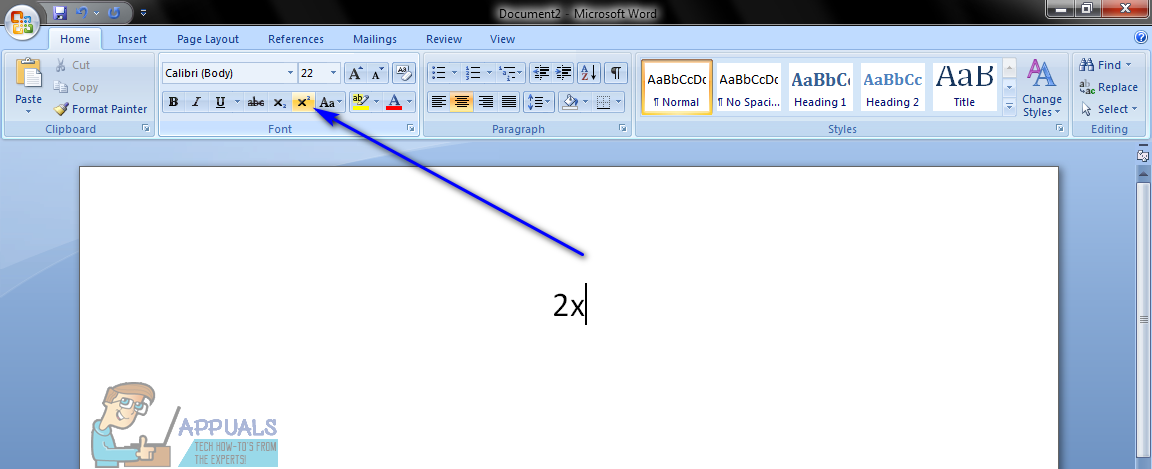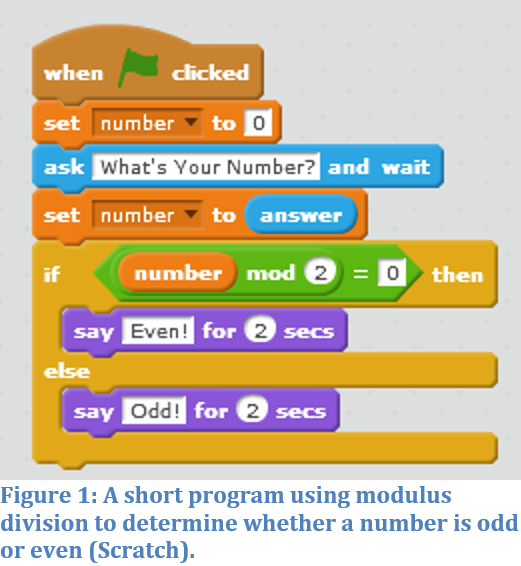

If they have been lucky enough to encounter something that is real math then the chances are they fail to see any connection with the real world and how it might help them. Knowing how to do arithmetic and hence algebra is the very stuff of math, being able to actually do arithmetic is the very stuff of a pocket calculator.Īn almost bigger problem is that the general public may well be exposed to arithmetic but they encounter almost zero real mathematics. It is almost as if students were selected for art school because they could spell and had nice clear handwriting - remember handwriting? Having been through the mill most mathematicians cannot conceive that a student who cannot do mental arithmetic could be a mathematician - it's the very stuff of math. The reason is that most mathematicians are selected by teachers who honestly believe that if you are good at arithmetic you should become a mathematician. Put correctly it clearly becomes clear how silly the position is.Ī common difficulty is that mathematicians often don't notice what they are saying and what damaging ideas they are espousing. In practice even mathematicians, and math teachers, who should know better often say "you can't do math so you can't be a mathematician" when what they really mean is "you can't do mental arithmetic so you can't be a mathematician". What is more an ability to do mental, or paper and pen arithmetic, doesn't mark one out to be a mathematician and not being able to do it doesn't rule out mathematical ability - or it shouldn't.

But for the moment let us just accept that being able to do arithmetic, to add up and multiply in ones head, might be a useful skill but it isn't math. OK my age old example might be about to lose some of its obvious truth because advances in AI might well allow a computer do do math in the very near future. What most people refer to as math isn't - it is arithmetic.Ī calculator does arithmetic, but it can't do math. If it is true how can you be a good programmer and not be good at math?įirst we need to clear up a small point, one that I often find myself having to reiterate - even to mathematicians.

The reason I suppose is that many programmers don't consider themselves good at math and therefore the assertion that math is essential to programming is threatening. The relationship between programming and math is something that both sides of the fence discuss from time to time, but mostly it is the programmers who think about it. Not "do you need math" to be a programmer but "does teaching programming help math or vice versa"? There is currently a small debate going on about the relationship between programming and math.

Does Math Help Programming Or Programming Help Math?


 0 kommentar(er)
0 kommentar(er)
